Quadro Project Management aims to provide project owners with a one-stop, turnkey solution that includes the expertise and helping-hand they need to embark on the journey of developing their real estate projects. Our services are custom-tailored to fit the requirements of each individual client and project, starting with a thorough understanding of the project narrative and design brief to initiating and managing the project throughout construction, and to successful completion and taking-over.
Our services are integrated under a comprehensive package of checks and reviews of all project procedures, ensuring the client is furnished with the information required to make informed decisions along the journey of designing and building their projects. Along the way, as challenges arise (and they most certainly do), we will re-evaluate, recommend and implement early delay mitigation measures and corrective actions to steer the project back on track and ensure it stays on track.
We believe that transparency and communication are essential for successful construction projects. To provide a better understanding of the project management process and what we do, we will walk you through the key phases in the life cycle of construction projects from inception to realization. In the following sections, we will showcase why construction projects fail and the importance of employing a client representative.
Formulating and developing the initial idea of the project by identifying the client’s vision and requirements. This includes identifying a preliminary budget, timeline, and resource requirements to define the project goals, and conduct the required feasibility studies to determine if the project is buildable.
Identifying the suitable project delivery method in accordance with the client’s goals, design-bid-build or design-build. Qualifying and appointing suitable stakeholders for the project in line with the project goals, delivery method and scale selecting the architect, designer, consultants and specialty consultants.
Developing a detailed design of the building/structure including architectural, civil, MEP, and ID drawings, and specifications for materials and finishes. This phase also includes obtaining necessary authority permits and approvals. The project team works closely with the owner outlining the scope of work, budget, and timeline for the project to ensure that the design meets the client needs and preferences.
Finalizing the design in line with the client’s goals, schedule and budget, obtaining necessary building permits from relevant authorities; and preparing for the actual construction by selecting and contracting general and specialized contractors, and suppliers for materials and finishes, and other necessary works and supplies including FF&E (Furniture, Fixtures, and Fittings).
Overseeing the actual construction of the project, monitoring and managing the schedule and budget, and ensuring the quality of work meets the design specifications and intended quality standards. Obtaining final authority approvals to ensure compliance with building codes and safety standards. Installation of the FF&E, OS&E and artwork as planned in the project programme.
This stage involves final inspections, obtaining completion certificates and occupancy permits, and making final preparations for handing-over the project to the owner for occupancy. It also includes finalizing contracts, settling accounts, collating project handing-over documents, as-built drawings, operation and maintenance manuals, warranties, and closing out the project.
Despite the best intentions and endeavors of all stakeholders, a vast number of construction projects fail to meet either budget, deadlines, intended quality standards, or all of the aforementioned. There are numerous root causes for project failure, which are mostly avoidable if the client expectations of the final product were clearly conveyed
and aligned with all project stakeholders from the onset and the correct planning and monitoring procedures were put in place and diligently enforced. Below are ten common root causes why construction projects fail to meet their planned targets.
Project deliverables and the client’s vision of the final product should be outlined from the outset and clearly communicated to all stakeholders. Project managers from all stakeholders should be aligned with the project goals and client expectations of the final product.
Failing to plan is planning to fail. Projects are executed with money, labour, machinery/equipment, and material. It falls on all the stakeholders to ensure that sufficient resources are allocated at the right time and place with adequate risk management and contingency plans in effect.
Communication protocols must be strictly followed, and communication across all management levels should be encouraged to ensure that all project teams and personnel on and off-site are on the same page.
Project leadership is not the sole responsibility of the consultant or contractors’ project managers; it is a collaborative process with the team leaders from all stakeholders at all management levels participating in the process. Hence, deadlines and expectations amongst them must be managed diligently by strong assertive leadership.
Unclear and ill-defined project brief / scope inevitably results in design changes that invariably lead to budget overruns, delays and quality issues if implementation of these changes was not managed effectively. Even with the best efforts to avoid changes, some design modifications are unavoidable, but good practice by all stakeholders should minimise the impact of any design changes.
Every construction project is unique and has its own set of challenges with estimating cost and time depending on a variety of parameters, some of which could be uncharted. Inaccurate budget and time estimates are often the results of inadequate review of the project drawings, specs and scope of work. It is crucial to have a system of multi-layered checks and reviews in place to ensure the accuracy of these estimates.
Inexperienced project managers are at times the primary cause of project failure when their experience is not well suited to the project’s specific requirements. This invariably affects the performance and collaboration of the project team as a whole.
A sound logic-based programme of works with well-thought contingency plans is a crucial tool that the project team should constantly monitor, track and update more often than regularly. With diligent programme monitoring and controlling, the team should apply forward thinking to detect any potential bottlenecks before they occur and apply corrective measures as required.
Setting unrealistic goals and objectives can have adverse negative impact on projects. Project managers from all stakeholders should analyze and asses the project requirements and the capabilities of their resources including contractors, suppliers, and their own project staff. This will ensure that the project objectives align with the project resources and planned milestones.
Construction projects – by nature – are executed collaboratively by grouping companies and suppliers from various parts of the world, local and multinational with different company cultures, working ethics and standards. Establishing a clear aligned view of the project objectives to all stakeholders and marching towards a common goal can be challenging when messages are “lost in translation” and egos collide.

For project owners, employing an independent, experienced project manager as their client representative (client rep) ensures that their interests are always the top priority throughout the project.
While consultants and contractors have their own project managers, they may have a limited scope of responsibility, and are ultimately working to deliver their own scope of work, which means they may not have the same level of inclusive commitment or motivation to align with the client’s overall project objectives, vision, or interests.
Appointing a client rep at an early stage of the project and from start to finish has considerable advantages in avoiding potentially costly mistakes, but also appointing the client rep at any stage of the project will provide project owners with invaluable insights into running their projects, and provides a range of valuable benefits that are key to project success.
When considering the substantial money and time savings achievable by diligent planning and experienced foresight, project owners see appointing a client rep as a sound investment with high return and added value rather than additional cost.
The client rep is solely focused on the client’s interests and can provide independent oversight of the project as well as objective advice to the client throughout the project life cycle, based on their experience and expertise, ensuring all parties are working together towards the same objectives in alignment with the client’s vision of the project.
With a single and central point of contact between the client and all project stakeholders, communication is more efficient and effective, preventing misinterpretations and addressing issues as they arise. The client rep will facilitate effective communication and collaboration between all project teams.
With a client rep handling the overall management of the project, the client is free from the burden of being overwhelmed by the demands of the construction project. The client rep can provide timely guidance and expertise on construction related issues, helping the client make informed decisions.
The client rep can help the project owner develop a comprehensive, detailed project plan from start to finish, including timelines, budgets, and resource allocation for the entire project from design through construction to furnishing, and manage project schedules to ensure that deadlines are met, thereby preventing delays and cost overruns.
The client rep can coordinate activities between the various project stakeholders, ensuring that everyone is working together effectively, and identifying the need for any additional specialist consultants in a timely manner. This ensures efficient and comprehensive coordination of all project trades at early stages of the project design and execution, helping the client avoid potential costly mistakes and abortive works.
The client rep can monitor and track project costs, manage budgets and identify value engineering and cost-saving opportunities to reduce expenses throughout the project life cycle, helping the client stay within budget and prevent overspending while allocating the money and resources in the most effective way.
The client rep can monitor the quality of construction drawings and specs produced by the consultants, and monitor work being done by the contractors to identify and address any issues in a timely manner, ensuring that the project is being built to the intended quality standards.
The client rep is suitably positioned in a vantage point in the project, and with experience can identify potential risks early on and develop strategies to mitigate them, reducing the likelihood of cost overruns and delays.
The consultant or contractor’s project managers may not be directly accountable to the client. The client rep can hold all parties accountable for their roles and responsibilities, ensuring greater transparency and accountability, with regular progress reports and performance evaluations.
The client rep is – by default – fittingly positioned to assume the mediator role among the stakeholders to achieve the client’s project targets; and can be an impartial party who can make decisions based on the best interest of the project by ensuring that all parties involved are working together effectively and proactively addressing issues as they arise, thus reducing the likelihood of disputes and delays.

At Quadro Project Management, we are committed to providing the highest quality service for your exclusive real estate development projects. Our clients are project owners – living locally or abroad – who wish to appoint Quadro Project Management to oversee, manage and steer their projects towards successful completion from start to finish, with peace of mind and optimal results exceeding their expectations.
If you own a real estate project of any scale or at any stage of its life cycle and would like to discuss your project needs with us, please get in touch and we will gladly offer our assistance and guidance.
